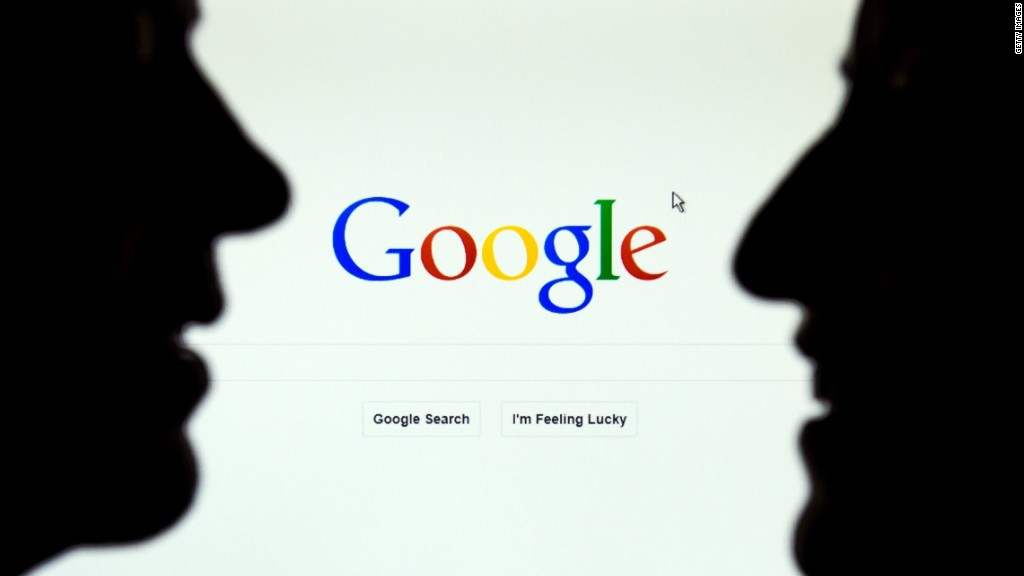
President Donald Trump on Friday morning claimed in a tweet that social media companies are "silencing millions of people," exacerbating a longstanding paranoia from conservatives who have for years erroneously accused social media companies of bias and censorship.
With his tweet, and others before it, Trump has signaled that he and his Republican allies would continue to paint tech giants like Facebook and Twitter as villains in a longstanding culture war used to excite the conservative base.
It was unclear what precisely the President's Friday tweet was referencing, but it came just weeks after Facebook, YouTube, and Apple removed content from far-right conspiracy theorist Alex Jones and his fringe media organization InfoWars from their platforms. The tech platforms said they removed Jones' content for violations of their hate speech and harassment guidelines. They have maintained that they do not discriminate against users for their political beliefs.
But the nuance has been lost on Trump, Republican leaders, and members of the conservative media.
Republicans and right-wing media outlets have been all too happy running with the narrative that social media companies are censoring conservatives, the facts be damned. Fox News, the Drudge Report, Breitbart, and other outlets have amplified claims that conservatives are under fire and that their freedom of expression is under threat on Twitter, Facebook, and other social media platforms. In addition to the president, House Majority Leader Kevin McCarthy, Texas Sen. Ted Cruz, and Donald Trump Jr. have been among some of the Republicans to promote this narrative.
Trump's Friday morning tweet was the latest salvo in a long-running theme pushed by Republicans and conservatives. For years, the conservative media machine has pushed the flimsy narrative that conservatives are unfairly treated by social media companies, which they accuse of bias and censorship. When the claims often fall apart under a light touch of scrutiny, right-wing media outlets continue to advance the narrative, irrespective of the facts.
Take, for example, what happened earlier this year with pro-Trump social media personalities "Dimond & Silk" who accused Facebook of censoring their page. The duo had received a message from Facebook saying their content was "unsafe for the community." The social media giant then said the message was an error and quickly tried to contact them about the mistake. Facebook's backtracking notwithstanding, "Diamond & Silk" remained defiant, repeatedly claiming the company had censored them. Despite their claims having been debunked by CNN and other media organizations, Fox News and other conservative media outlets ran with it, helping the duo mislead millions.
Recently, claims of social media bias and censorship have made their way to Congress. Lawmakers have held two hearings this year on the so-called practice of "social media filtering."
At the first hearing earlier this year, "Diamond & Silk" were invited to testify. Republicans like Steve King of Iowa cited articles from form right-wing outlets like the Gateway Pundit to accuse social media companies of bias against conservatives.
Just last month, the House Judiciary Committee held a second hearing on the matter. The same episode repeated itself, with Republican lawmakers asking tech executives about so-called bias against conservative users.
The narrative is unlikely to go away anytime soon. The politicians and media outlets on the right that push it do not seem moved by the facts. Instead, they seem more interested in a narrative that resonates with and whips up the conservative base, which is comprised by a swath of the country that feels they are under attack in the great American culture war.


